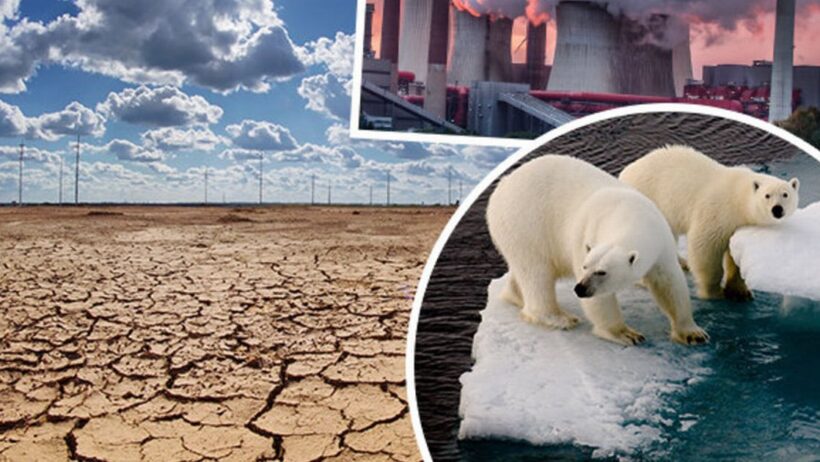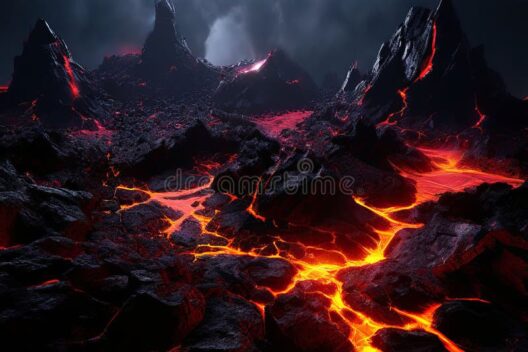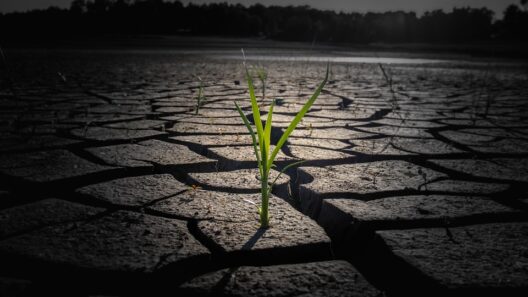In recent years, the discourse surrounding global warming has been replete with controversy. The debate is not merely academic, as it has significant ramifications for public policy, environmental stewardship, and our collective future. So, are humans indeed causing global warming, or is it merely a fabrication spun by some factions of society? This line of questioning invites a thorough examination of scientific evidence, socio-political influences, and the broader implications for humanity.
To understand the underlying causes of global warming, it is imperative to grasp the rudiments of the greenhouse effect. This natural phenomenon, wherein certain gases in the Earth’s atmosphere trap heat, is crucial to maintaining an habitable climate. However, human activities, particularly since the Industrial Revolution, have exacerbated this effect by increasing the concentration of greenhouse gases such as carbon dioxide, methane, and nitrous oxide. The crux of the matter lies in whether this anthropogenic influence is substantial enough to instigate climate change.
Numerous scientific studies unequivocally support the assertion that human activities are contributing to climate change. The Intergovernmental Panel on Climate Change (IPCC), a staunch authority on climate science, reports that human-induced emissions of greenhouse gases are unequivocally the dominant cause of global warming observed since the mid-20th century. This consensus amongst climate scientists, which emanates from rigorous data collection and analysis, is unassailable. Yet, despite this overwhelming scientific consensus, a segment of the populace remains skeptical, often attributing climate change to natural variability.
Why does skepticism linger in the faces of robust scientific data? A multitude of factors contributes to this phenomenon. Misinformation proliferates in our digital age, often parading as legitimate discourse. A narrative that posits global warming as an elaborate hoax can gain traction among certain demographics, fueled by a mistrust of mainstream media and scientific establishments. This mistrust, coupled with political agendas that favor fossil fuel industries, engenders an environment ripe for skepticism and deniability.
Moreover, the psychology of belief plays a pivotal role in this discourse. Cognitive biases, including confirmation bias, often lead individuals to favor information that aligns with their pre-established beliefs. Consequently, those who question the legitimacy of climate change may be less receptive to empirical evidence, preferring instead narratives that validate their positions. This reality underscores the challenges inherent in climate communication, necessitating strategies tailored towards engaging diverse audiences effectively.
While examining the counterarguments surrounding the authenticity of climate change, it’s crucial to delve into the cornerstone of climate science. The methodologies employed by researchers are comprehensive and diverse, incorporating statistical analyses, climate modeling, and long-term observational studies. For instance, studies that analyze ice cores provide insights into historical climate patterns and atmospheric compositions, revealing a stark correlation between CO2 levels and global temperatures. Such findings reiterate the urgency of addressing human contributions to climate change.
Furthermore, attributing climate variations solely to natural factors such as volcanic eruptions or solar radiation fails to encapsulate the complexity of Earth’s climate system. Research demonstrates that while natural phenomena do influence climate, these variables cannot account for the rapid changes observed in recent decades. The rate of change in global temperatures has outpaced any natural variability experienced in the past, reinforcing the argument for a human-induced climate crisis.
Effects of climate change manifest in numerous and alarming ways. From the proliferation of extreme weather events to rising sea levels and the degradation of ecosystems, the evidence of a warming Earth is stark. Such outcomes pose existential threats not just to wildlife but also to human societies and economies globally. Vulnerable populations disproportionately bear the burden of these changes, illustrating the ethical dimensions entwined within climate discourse.
Mitigation strategies represent an essential facet of addressing global warming. The transition to renewable energy sources, enhancement of energy efficiency, and advancement in carbon capture technologies are critical components of a comprehensive approach to climate action. International accords, such as the Paris Agreement, illustrate the increasing recognition of climate change as a collective challenge requiring global cooperation. While efforts are underway, systemic changes in policy, industry practices, and individual behavior are imperative for substantive progress.
In stark contrast, failure to act decisively against climate change could yield catastrophic repercussions. Continued reliance on fossil fuels and the unabated emission of greenhouse gases will likely exacerbate already perilous conditions. The socio-economic ramifications will ripple across borders, inciting conflict over scarce resources and prompting climate migrations. The future landscape hinges on the choices made today, making it imperative to act with urgency and resolve.
The dialogue surrounding climate change, while fraught with controversy, must pivot towards a shared understanding and consensus. Fabrications claiming that global warming is merely fake news undermine the integrity of scientific inquiry and, ultimately, humanity’s ability to confront the impending climate crisis. As stewards of the planet, collective action rooted in scientific literacy, empathy, and collaboration is vital if we are to safeguard our future and that of successive generations. The evidence is clear: the human role in climate change is not a myth; it is a reality that necessitates immediate action and unwavering commitment.







